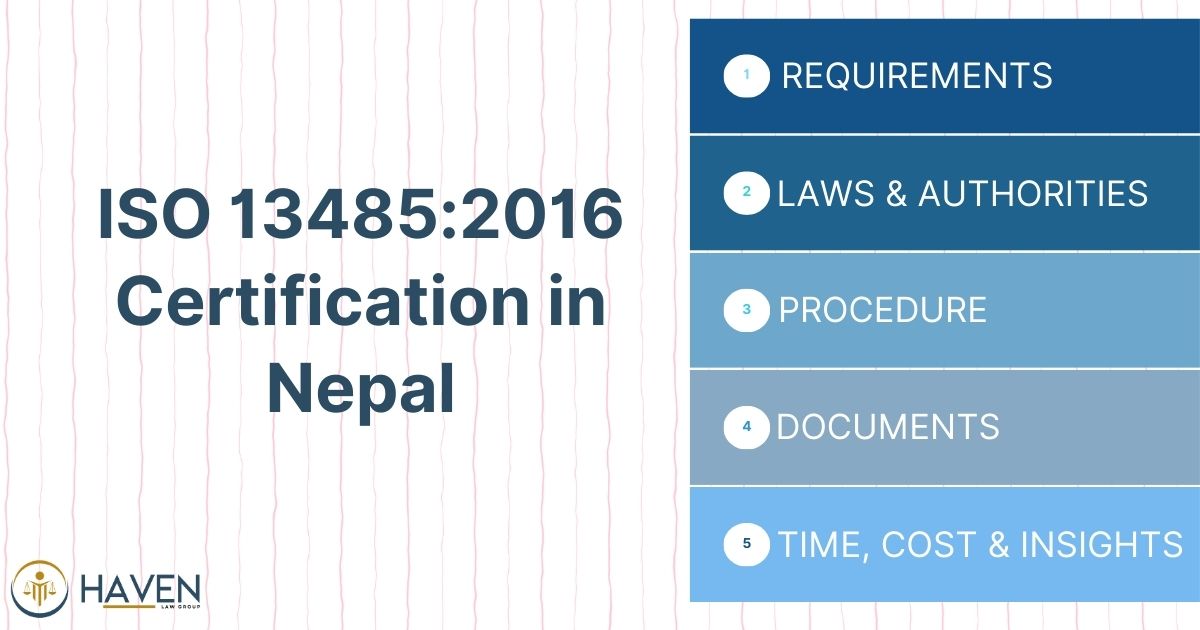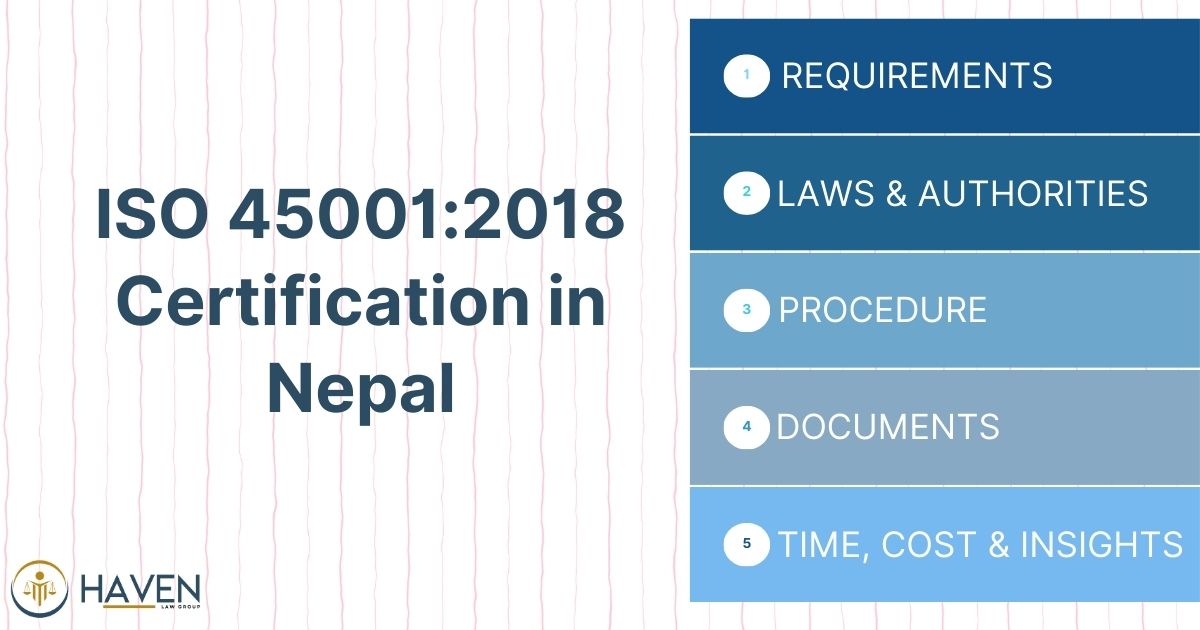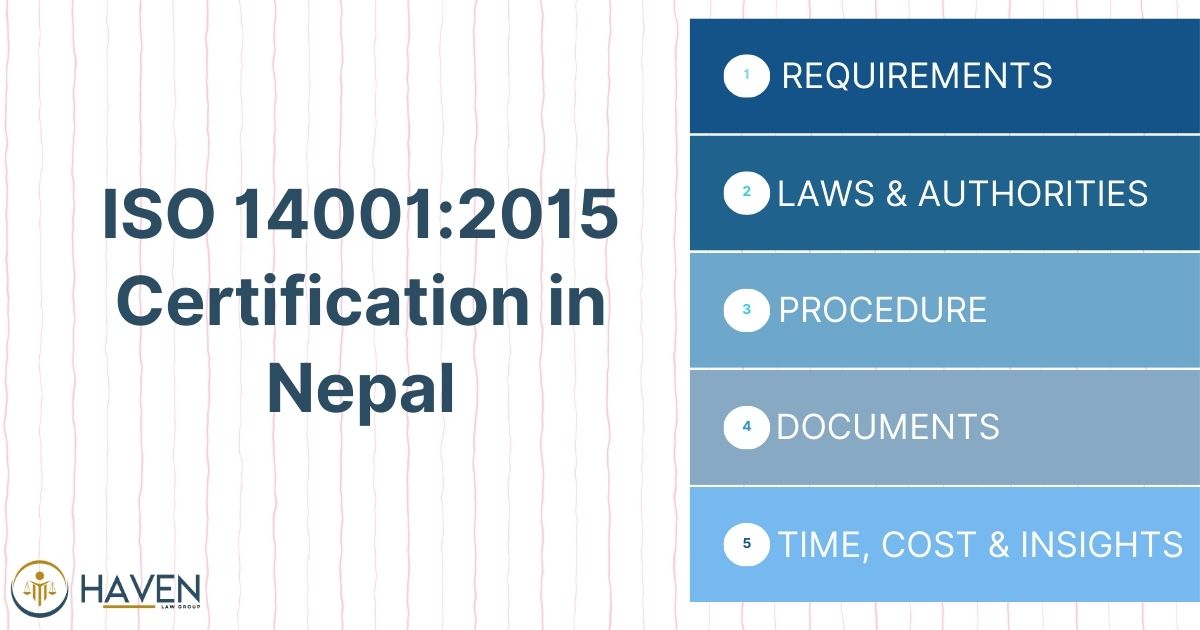Introduction
The global Nepali diaspora represents one of Nepal’s most valuable yet historically underutilized resources. With millions of Nepalis living abroad, their potential contributions to Nepal’s development remained largely untapped until the government took a significant legislative step through the Non-Resident Nepali Act 2008. This landmark legislation created a formal framework for engaging the Nepali diaspora in the nation’s economic and social development, recognizing their unique position and potential contributions.
The NRN Act 2008 represented a paradigm shift in how Nepal viewed its citizens living abroad—no longer as simply emigrants but as potential partners in national development. This comprehensive guide explores every aspect of this pioneering legislation that has reshaped the relationship between Nepal and its global citizens.
What is the NRN Act 2008?
The Non-Resident Nepali Act 2008 (NRN Act) is a comprehensive legal framework enacted by the Government of Nepal to establish formal recognition and rights for Nepalis living abroad and persons of Nepali origin. Officially titled “An Act Made to Provide for the Rights and Interests of Non-Resident Nepalis,” this legislation creates a formal category of “Non-Resident Nepali” with specific rights, privileges, and pathways for contributing to Nepal’s development.
The Act represents Nepal’s first systematic attempt to engage its diaspora community in nation-building efforts by creating legal recognition and economic incentives for NRNs to maintain connections with their homeland.
When was the NRN Act 2008 implemented?
The NRN Act was passed by the Interim Parliament of Nepal in 2007 and officially came into effect in October 2008 following presidential assent. The timing was significant, as Nepal was undergoing major political transition following the end of the civil war and the abolition of the monarchy. The implementation process occurred in phases:
- October 2008: Official enactment of the legislation
- April 2009: Publication of implementation guidelines
- 2010: Establishment of the first NRN identity card system
- 2012: Full implementation of investment provisions
The implementation coincided with Nepal’s broader democratic reforms, reflecting the new republic’s desire to strengthen ties with its global citizens.
Who is covered under the NRN Act 2008?
The Act defines two distinct categories of individuals who qualify for NRN status:
- Nepali citizens residing abroad: Citizens of Nepal who have lived in a foreign country for at least two years, engaged in any profession, business, or employment (excluding diplomatic personnel and students).
- Foreign citizens of Nepali origin: Individuals who themselves or whose parents, grandparents, or great-grandparents were previously citizens of Nepal but subsequently obtained foreign citizenship.
Notably, the Act specifically excludes citizens of South Asian Association for Regional Cooperation (SAARC) countries, meaning individuals of Nepali origin who have acquired citizenship in India, Pakistan, Bangladesh, Sri Lanka, Bhutan, Maldives, or Afghanistan are not eligible for NRN status.
What rights does the NRN Act 2008 provide?
The Act grants several significant rights to qualified Non-Resident Nepalis:
- Economic rights: The ability to invest in Nepal with the same privileges as domestic investors in most sectors.
- Property rights: Permission to purchase and hold certain types of property in Nepal, subject to specific limitations.
- Repatriation rights: The ability to repatriate capital investments and profits in convertible foreign currency.
- Identity recognition: Eligibility for NRN identity cards that facilitate various transactions and activities within Nepal.
- Business facilitation: Streamlined processes for establishing businesses and investment vehicles.
- Cultural participation: Recognition of the right to participate in cultural and social development initiatives.
These rights are designed to encourage NRN engagement with Nepal while protecting national interests in sensitive sectors.
How does the Act define Non-Resident Nepalis?
The Act employs a multi-layered definition of Non-Resident Nepalis with specific criteria:
For Nepali Citizens:
- Residency requirement: Must have resided abroad for a minimum continuous period of two years.
- Economic activity: Must be engaged in business, profession, or employment overseas.
- Exclusions: Students, diplomatic personnel, and representatives of international organizations are not considered NRNs despite living abroad.
For Foreign Citizens of Nepali Origin:
- Ancestry confirmation: Must demonstrate Nepali ancestry through documentation showing that they or their ancestors (up to great-grandparents) were Nepali citizens.
- SAARC exclusion: Cannot be citizens of SAARC nations.
The definition carefully balances inclusivity for the diaspora while addressing potential concerns about dual loyalty and regional political sensitivities.
What economic provisions are in the Act?
The economic provisions form the cornerstone of the NRN Act, offering significant incentives for diaspora investment:
- Investment parity: NRNs can invest in Nepal with the same rights and privileges as Nepali citizens, excluding sectors restricted for national security or cultural sensitivity reasons.
- Tax incentives: Special tax provisions for initial investments, including potential tax holidays for certain sectors.
- Repatriation guarantees: Legal assurance of the right to repatriate investment capital, profits, and dividends in convertible currency.
- Sectoral focus: Enhanced incentives for investments in priority sectors like tourism, hydropower, agriculture, and information technology.
- One-window service: Provisions for streamlined administrative procedures through designated government entities.
These economic provisions were designed to channel diaspora capital toward Nepal’s development priorities while offering competitive returns to NRN investors.
How does the Act address NRN investments?
The Act creates specialized mechanisms for NRN investments:
Step-by-Step NRN Investment Process:
- Qualification verification: Submit documentation proving NRN status to the Department of Industry or relevant ministry.
- Investment proposal submission: File a comprehensive investment proposal detailing the investment amount, sector, expected employment generation, and technology transfer aspects.
- Approval process: Undergo evaluation by the Foreign Investment Promotion Board or relevant sectoral agency.
- Registration completion: Register the approved investment vehicle (company, partnership, etc.) with the Company Registrar’s Office.
- Capital inflow: Transfer investment funds through official banking channels with documentation.
- Operational setup: Establish business operations following standard Nepali regulatory procedures.
The Act also creates special provisions for collective NRN investments through mechanisms like the NRN Investment Fund, which pools smaller investments for larger projects.
What property rights does the Act grant NRNs?
Property rights for NRNs under the Act reflect a balanced approach between facilitating engagement and protecting national interests:
- Residential property: NRNs can purchase up to 10 ropanies (approximately 5,000 square meters) of residential land in their own name.
- Commercial property: Permission to purchase property for business purposes in the name of registered businesses rather than as individuals.
- Agricultural restrictions: Prohibition on purchasing agricultural land to prevent absentee ownership of productive farmland.
- Inheritance provisions: Clear legal framework for NRNs to inherit property in Nepal according to applicable personal laws.
- Geographical limitations: Restrictions on property ownership in certain sensitive border areas and protected zones.
These property rights were among the most debated aspects of the legislation, reflecting tensions between encouraging diaspora reconnection and concerns about foreign ownership of Nepali land.
How does the Act facilitate NRN contributions?
Beyond direct investments, the Act establishes frameworks for broader NRN contributions to Nepal:
- Knowledge transfer: Provisions for NRN experts to participate in development planning and technical advisory roles.
- Philanthropic infrastructure: Legal recognition of NRN charitable foundations and tax benefits for humanitarian projects.
- Cultural preservation: Support for NRN initiatives to preserve and promote Nepali cultural heritage internationally.
- Educational exchange: Frameworks for academic collaborations between NRNs and Nepali institutions.
- Tourism promotion: Special role for NRNs in promoting Nepal as a tourism destination in their countries of residence.
These provisions recognize that the Nepali diaspora’s potential contributions extend beyond financial capital to include human capital, networks, and technical expertise.
What are the Act’s provisions on NRN identity?
The NRN identity framework established by the Act includes:
- NRN Card issuance: Creation of official identity cards for qualified NRNs, issued through Nepali diplomatic missions abroad.
- Verification process: Standardized procedures for confirming eligibility through documentation of Nepali origin or citizenship.
- Validity period: Ten-year validity for most NRN cards, with specific renewal procedures.
- Benefits attached: Card-linked privileges including visa-free entry, simplified business registration, and investment facilitation.
- Digital integration: Provisions for integrating NRN identification into Nepal’s evolving digital governance systems.
The NRN card system represents the most tangible manifestation of the Act for many diaspora Nepalis, serving as both practical documentation and symbolic recognition.
How does the Act address NRN taxation?
The taxation provisions for NRNs reflect a delicate balance between encouraging investment and maintaining fiscal responsibility:
- Investment income: Preferential tax rates on returns from qualified investments made under NRN status.
- Double taxation avoidance: Recognition of double taxation treaties affecting NRNs from countries with bilateral agreements with Nepal.
- Repatriated earnings: Clear tax provisions for profits transferred abroad, with specific documentation requirements.
- Tax holidays: Sectoral tax exemptions for initial periods in priority development areas.
- Compliance requirements: Streamlined but mandatory tax filing procedures for NRN businesses operating in Nepal.
The taxation framework aims to be competitive enough to attract diaspora investment while ensuring appropriate contributions to Nepal’s public finances.
What legal protections does the Act offer NRNs?
The Act provides several important legal safeguards for NRNs:
- Investment protection: Guarantees against nationalization or expropriation of NRN investments without due process and fair compensation.
- Dispute resolution: Access to specialized arbitration mechanisms for investment disputes involving NRNs.
- Intellectual property recognition: Protection for innovations and intellectual property brought by NRNs to Nepal.
- Administrative recourse: Clear pathways for addressing administrative grievances related to NRN status or investments.
- Constitutional recognition: Implicit recognition of NRNs as a distinct category with specific legal standing in Nepal.
These protections address historical concerns about legal uncertainty that previously deterred diaspora engagement with Nepal.
How does the Act promote NRN engagement?
The Act creates specific mechanisms for ongoing NRN engagement with Nepal:
- NRN coordination bodies: Recognition of the Non-Resident Nepali Association (NRNA) as an interface between NRNs and the government.
- Periodic conferences: Framework for regular global NRN conferences with government participation.
- Advisory structures: Provisions for NRN representation in certain development planning bodies.
- Information sharing: Mandated information dissemination to NRNs about investment opportunities in Nepal.
- Cultural exchanges: Support for cultural programs connecting NRNs with their heritage.
These engagement mechanisms help maintain living connections between Nepal and its global citizens beyond purely economic relationships.
What are the Act’s limitations for NRNs?
Despite its groundbreaking nature, the Act contains several significant limitations:
- Political rights restrictions: No provisions for NRN political participation or voting rights in Nepali elections.
- Sector limitations: Restrictions on NRN investment in certain sectors deemed sensitive for national security.
- Dual citizenship barriers: No pathway to dual citizenship, maintaining the constitutional prohibition.
- SAARC exclusion: Continued exclusion of persons of Nepali origin who hold citizenship in SAARC countries.
- Administrative complexities: Persistence of bureaucratic hurdles despite intended simplifications.
These limitations reflect ongoing tensions in Nepal’s approach to its diaspora and concerns about sovereignty in a complex geopolitical neighborhood.
How has the Act been amended since 2008?
The NRN Act has undergone several significant amendments since its initial implementation:
- 2013 Amendments: Expanded the definition of eligible foreign citizens of Nepali origin to include great-grandchildren of Nepali citizens.
- 2016 Revisions: Enhanced property ownership rights, increasing maximum land ownership limits.
- 2018 Technical Updates: Aligned NRN provisions with the new foreign investment laws implemented that year.
- 2020 Procedural Changes: Streamlined administrative processes for NRN card issuance and renewal.
- 2021 Digital Integration: Updated provisions to accommodate digital verification and online application processes.
These amendments reflect Nepal’s evolving understanding of diaspora engagement and responses to practical implementation challenges identified over time.
What criticisms exist regarding the NRN Act?
The Act has faced several substantive criticisms from various stakeholders:
- Implementation gaps: Persistent disconnect between legislative provisions and bureaucratic implementation realities.
- Insufficient rights: Advocacy groups argue that the Act fails to provide sufficient recognition for diaspora contributions by withholding political rights.
- SAARC exclusion controversy: Ongoing debate about the exclusion of Nepali-origin persons from neighboring countries, particularly India.
- Investment barriers: Criticism that administrative requirements still create excessive barriers to NRN investment despite intended simplifications.
- Elite bias: Concerns that the Act primarily benefits wealthy NRNs while offering little to middle and working-class diaspora Nepalis.
These criticisms have fueled ongoing discussions about further reforms to the NRN legal framework.
How does the Act impact dual citizenship discussions?
The NRN Act exists in tension with Nepal’s constitutional prohibition on dual citizenship:
- Quasi-citizenship approach: The Act creates a form of differentiated membership that stops short of full dual citizenship.
- Testing ground: Many view the NRN framework as a testing ground for potential future dual citizenship provisions.
- Advocacy platform: The NRNA has used structures established by the Act to advocate for constitutional changes to allow dual citizenship.
- Regional considerations: The Act’s implementation has provided evidence for ongoing debates about the regional security implications of potential dual citizenship.
- Incremental expansion: The gradual expansion of NRN rights through amendments suggests potential for eventual movement toward limited forms of dual citizenship.
The relationship between NRN status and potential dual citizenship remains one of the most politically charged aspects of diaspora policy in Nepal.
What government bodies oversee the Act’s implementation?
The institutional architecture for implementing the NRN Act includes several key entities:
- Ministry of Foreign Affairs: Primary responsibility for NRN card issuance through diplomatic missions.
- Investment Board Nepal: Oversight of large-scale NRN investment projects.
- Department of Industry: Processing of standard NRN business registrations and investments.
- Ministry of Finance: Management of tax provisions and financial regulations affecting NRNs.
- NRN Coordination Unit: Specialized administrative body established to coordinate across government agencies on NRN matters.
This multi-agency implementation structure has created both coordination opportunities and challenges for effective policy execution.
How does the Act affect NRN business operations?
The Act creates specific operational parameters for NRN businesses in Nepal:
- Registration pathways: Specialized registration procedures for NRN-owned businesses with simplified documentation requirements.
- Capital repatriation: Guaranteed rights to repatriate profits in convertible currency, subject to documentation and applicable taxes.
- Employment requirements: Obligations to employ Nepali citizens in specific percentages of the workforce.
- Technology transfer incentives: Additional benefits for businesses that incorporate technology transfer components.
- Reporting obligations: Streamlined but mandatory reporting to relevant regulatory authorities.
These operational frameworks aim to balance business facilitation with Nepal’s broader development objectives.
What future changes are proposed for the Act?
Several significant reforms to the NRN Act are currently under consideration:
- Expanded property rights: Proposals to increase property ownership limits for NRNs.
- NRN residency visas: Creating long-term residency options for NRNs beyond the current visa-free entry provisions.
- Political participation pathway: Discussions about limited voting rights for NRNs in certain elections.
- Digital identity integration: Plans to integrate NRN identification with Nepal’s broader digital identity ecosystem.
- SAARC inclusion options: Explorations of potential special categories for persons of Nepali origin from SAARC countries.
These proposed changes reflect ongoing evolution in Nepal’s approach to diaspora engagement amid changing global and regional contexts.
Taxation Policies Affecting NRNs in Nepal
The taxation framework for NRNs under the Act includes several distinct components:
Step-by-Step NRN Taxation Process:
- Tax registration: Obtain Permanent Account Number (PAN) for personal or business tax registration.
- Income categorization: Determine applicable tax categories (investment income, business income, property income, etc.).
- Rate application: Apply appropriate tax rates based on NRN status and investment type.
- Treaty benefits: Claim applicable benefits under Double Taxation Avoidance Agreements if relevant.
- Compliance filing: Submit required periodic tax filings through standard or simplified procedures.
- Repatriation documentation: Complete tax clearance processes before profit repatriation.
The NRN taxation system aims to be competitive with regional standards while ensuring appropriate contributions to Nepal’s development.
Conclusion
The NRN Act 2008 represents a watershed moment in Nepal’s relationship with its global diaspora. By creating formal recognition and specific rights for Non-Resident Nepalis, the legislation has established pathways for diaspora contributions to Nepal’s development while acknowledging the transnational realities of modern Nepali identity.
While implementation challenges and limitations persist, the Act has successfully created a framework for ongoing engagement that continues to evolve. As Nepal further develops its approach to diaspora relations, the foundational principles established in the 2008 Act will likely remain central to future policy innovations.
For individual NRNs navigating their relationship with Nepal, understanding the opportunities and limitations created by this legislation is essential for effective engagement with their homeland. As global mobility continues to reshape notions of citizenship and belonging, Nepal’s pioneering approach to diaspora engagement through the NRN Act offers valuable lessons for developing nations worldwide.
What is the NRN Act 2008 of Nepal?
The Non-Resident Nepali Act 2008 is a law enacted by Nepal’s government to define the status and rights of Nepalis living abroad. It aims to facilitate connections between Nepal and its diaspora community.
Who qualifies as a Non-Resident Nepali (NRN) under this Act?
The Act defines NRNs as:
1. Former Nepali citizens who now hold foreign citizenship
2. Nepali citizens residing abroad for employment or business purposes
3. People of Nepali origin holding foreign citizenship
What is the difference between an NRN and a foreign citizen of Nepali origin?
An NRN can be either a current Nepali citizen living abroad or a former Nepali citizen who has obtained foreign citizenship. A foreign citizen of Nepali origin is someone who has never held Nepali citizenship but has Nepali ancestry.
What rights are given to NRNs under the NRN Act?
The Act grants NRNs certain privileges, including:
1. Ability to own and sell property in Nepal
2. Right to conduct business activities
3.Access to special visa arrangements
4. Participation in economic and social development initiatives
What is the NRN Identity Card and how can I get it?
The NRN Identity Card is an official document issued by Nepal’s government to eligible Non-Resident Nepalis. To obtain it, you must apply through Nepali diplomatic missions abroad or the Non-Resident Nepali Association, providing proof of your NRN status.
Can NRNs apply for dual citizenship under the NRN Act?
No, the NRN Act does not provide for dual citizenship. Nepal’s constitution does not currently recognize dual citizenship. The Act offers certain rights to NRNs but does not grant them full citizenship status if they hold foreign citizenship.








